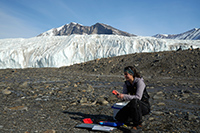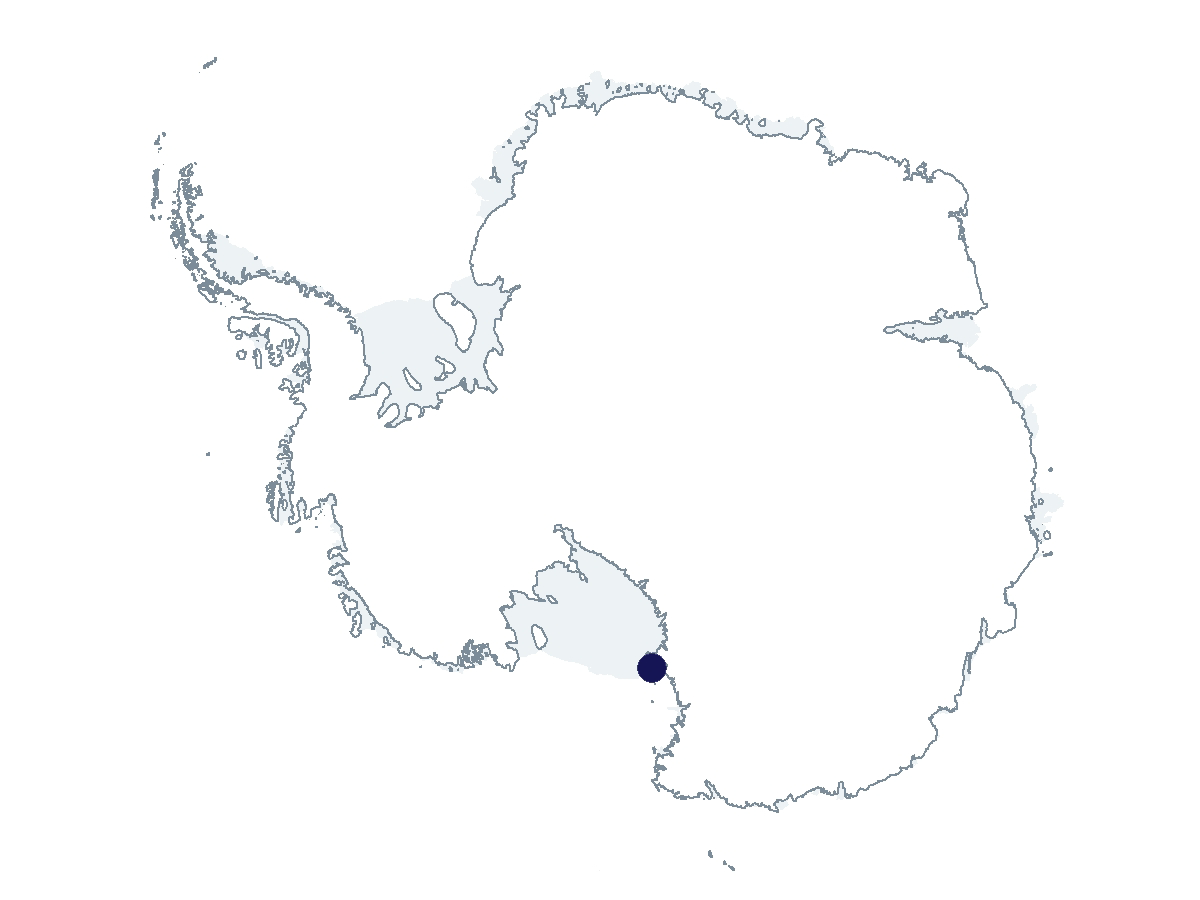2022-2023 USAP Field Season
Project Detail Project TitleMcMurdo LTER – Algal Ops: Ecosystem response to amplified landscape connectivity in the McMurdo Dry Valleys, Antarctica Summary
Event Number:
Program Director:
ASC POC/Implementer: Principal Investigator(s)
Dr. Diane M McKnight
Project Web Site: Location
Supporting Stations: McMurdo Station DescriptionInitially funded in 1980, the U.S. Long-Term Ecological Research (LTER) network is a collaborative effort of more than 1,800 scientists and students. The McMurdo LTER (MCM-LTER) program is a multi-disciplinary aquatic and terrestrial ecosystems study in the McMurdo Dry Valleys. It is one of 26 LTER sites where researchers study ecological processes over long temporal and broad spatial scales. Geochemistry researchers monitor the inorganic geochemistry of both water and solid samples collected from Dry Valleys glaciers, streams, ponds, lakes, and land. They also study upland seeps and ponds to gain a better understanding of their hydrologic and geochemical controls. This six-year award cycle is comprised of seven collaborative projects: C-504-M (Gooseff), C-505-M (Priscu), C-506-M (Gooseff), C-507-M (Adams), C-508-M (Takacs-Vesbach), C-509-M (Gooseff), and C-511-M (Doran). Field Season OverviewA team of four researchers will work out of F6 and Lake Hoare camps. They will survey and sample established algal transects in the Taylor, Wright, Garwood and Miers Valleys and at Cape Royds. Some sites in Taylor Valley will be accessed on foot, others will be accessed by helicopter day trips. The group will use laboratory space at field camps to filter and process samples. Following field deployment, the group will continue to process samples and prepare them for shipment in Crary Laboratory. Field activities will include regular monitoring at 16 established algal transects and establishing new algal transects at Popplewell and Commonwealth Streams and Wharton Creek. They will conduct terrestrial LiDAR scans of the stream algal transects with assistance from UNAVCO. Five to six transects will be scanned each year, resulting in all established transects being scanned on a three-year cycle. The team will also survey transplanted rocks that were moved from one stream in the 2017/2018 season (the Stream Mat Transplant Experiment), remove marker stakes from former experiments at sites in the Fryxell Basin, and will assist the Gooseff (C-506-M) team with their stream monitoring efforts. Deploying Team Members
|
2022-2023 Science Planning Summary



For USAP Participants |
For The Public |
For Researchers and EducatorsContact UsU.S. National Science FoundationOffice of Polar Programs Geosciences Directorate 2415 Eisenhower Avenue, Suite W7100 Alexandria, VA 22314 Sign up for the NSF Office of Polar Programs newsletter and events. Feedback Form |



